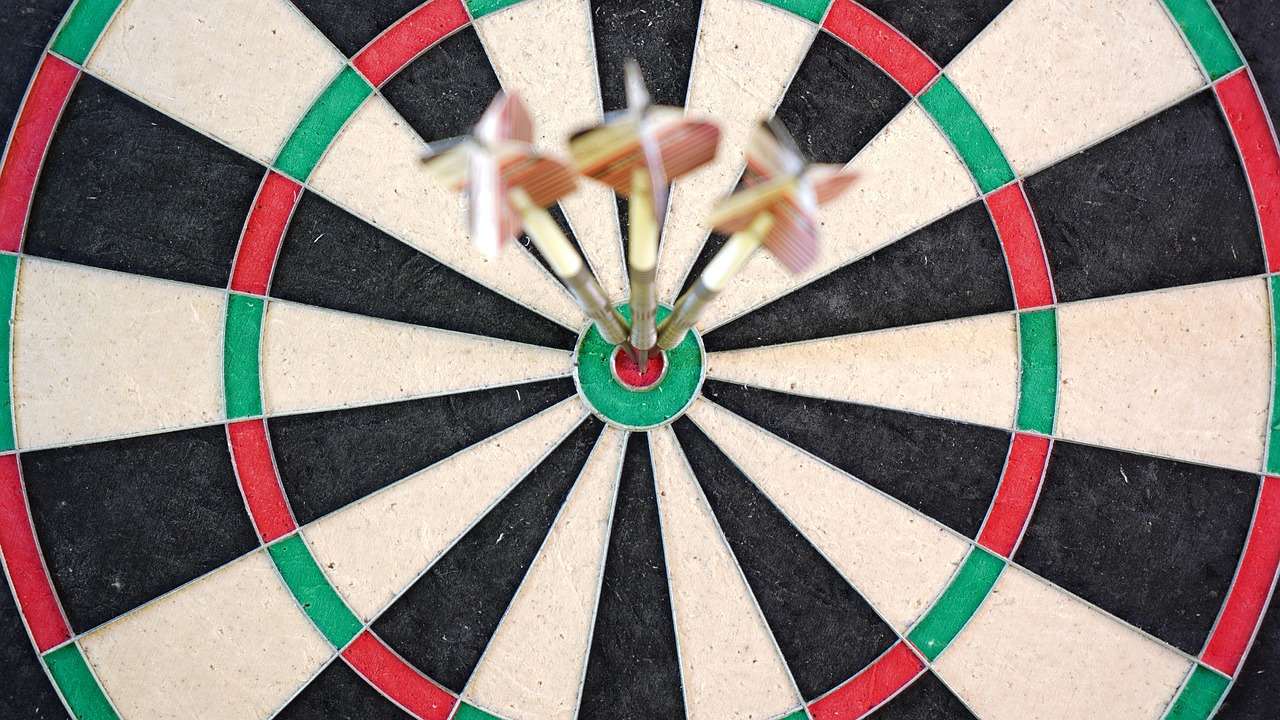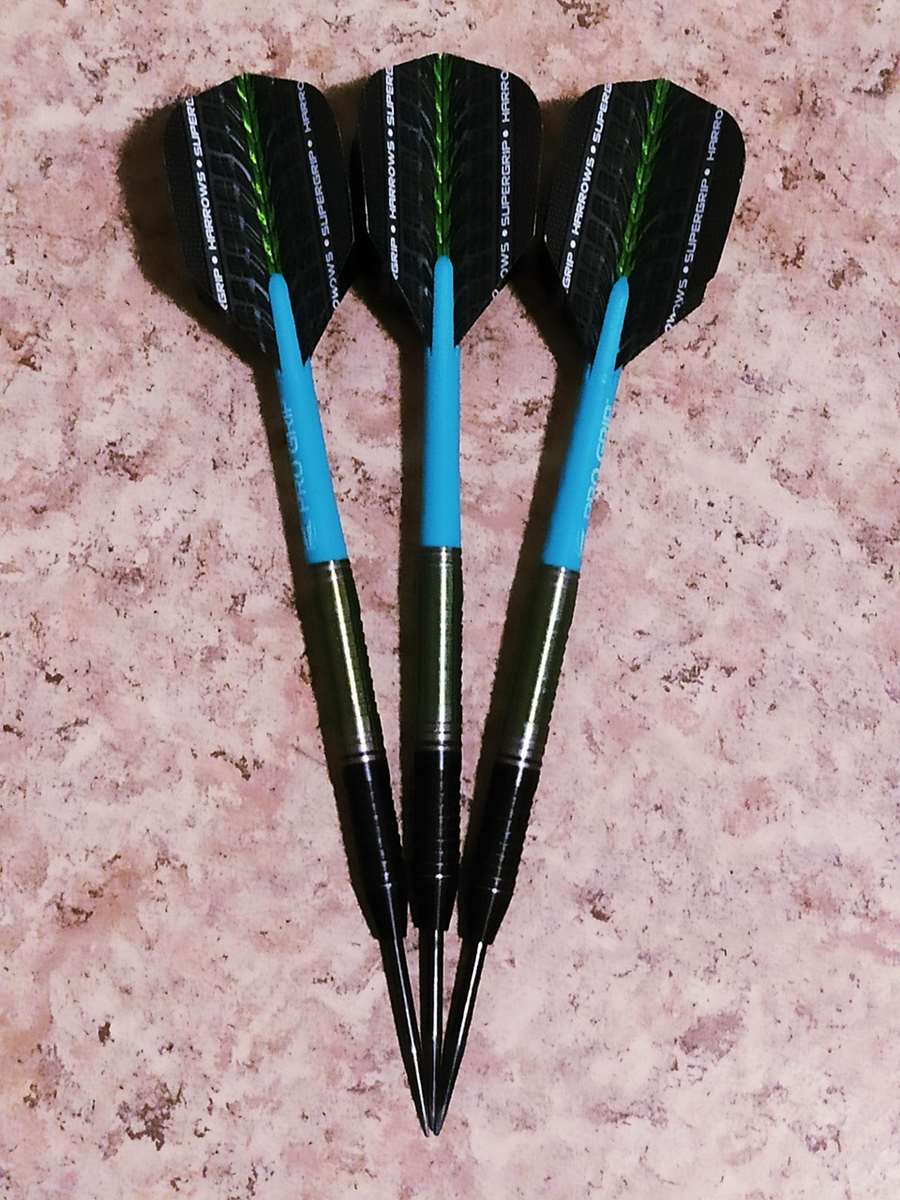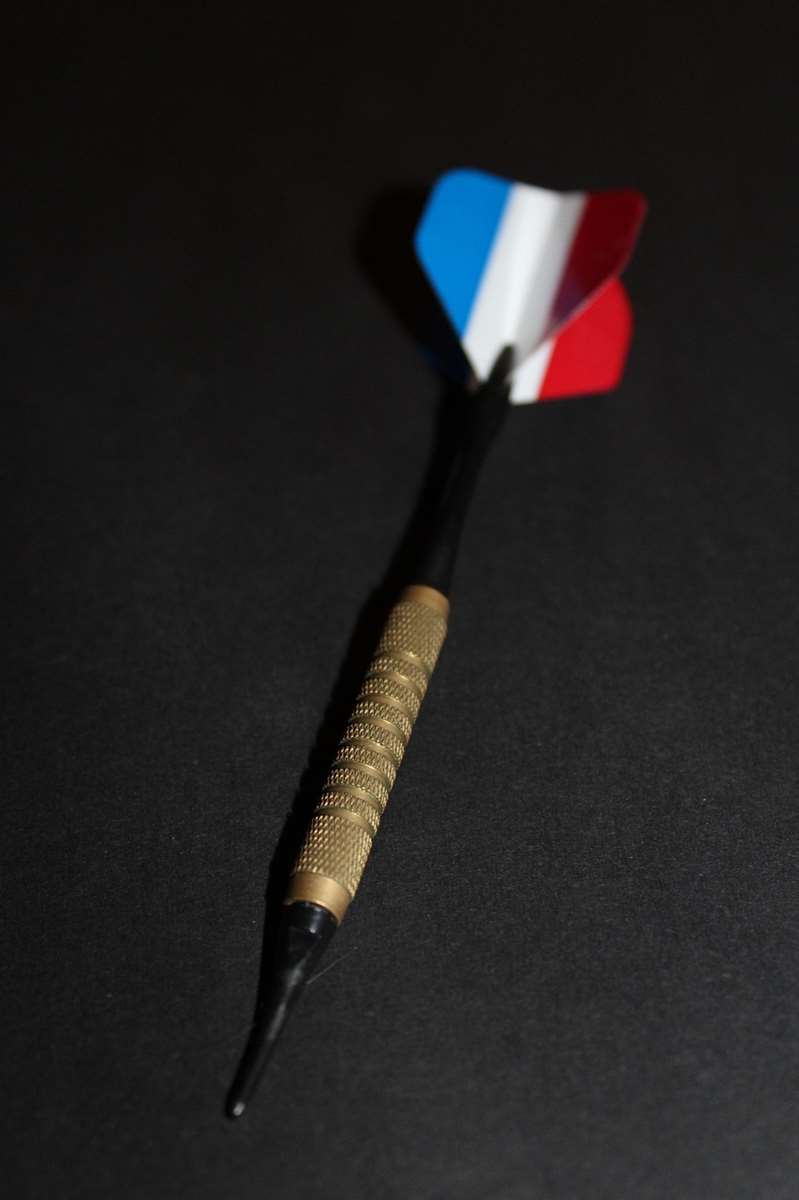Mastering 501 darts requires a structured approach, and this article provides a comprehensive 501 variants practice schedule idea designed to elevate your game. We’ll cover customizable schedules, essential drills, and strategies to conquer any 501 challenge.
⚠️ Still Using Pen & Paper (or a Chalkboard)?! ⚠️
Step into the future! The Dart Counter App handles all the scoring, suggests checkouts, and tracks your stats automatically. It's easier than you think!
Try the Smart Dart Counter App FREE!Ready for an upgrade? Click above!
Crafting Your 501 Variants Practice Schedule Idea
Developing an effective 501 variants practice schedule idea involves more than just throwing darts. It’s about creating a structured plan that targets your weaknesses, reinforces your strengths, and keeps you motivated. The key is personalization – tailoring the schedule to your specific skill level, available time, and goals.
First, assess your current skill level. Are you consistently hitting triples? Do you struggle with finishing on doubles? Identify your areas for improvement. This self-assessment will guide the design of your practice sessions. For example, if you struggle with doubles, dedicate a significant portion of your practice time to doubles practice drills.

Next, consider your available time. A professional player might dedicate several hours a day to practice, while a casual player might only have an hour or two a week. Be realistic about the time you can commit and create a schedule that fits your lifestyle. Even short, focused practice sessions can be highly effective.
Finally, set specific, measurable, achievable, relevant, and time-bound (SMART) goals. Do you want to increase your average score by 10 points in a month? Do you want to be able to consistently check out from 80 or less? Having clear goals will give you something to strive for and help you track your progress.
Sample 501 Practice Schedules
Here are a few sample 501 variants practice schedules to get you started. Remember to adjust these to fit your individual needs and preferences.
Beginner Schedule (30 minutes, 3 times per week)
- Warm-up (5 minutes): Throw darts at random targets to loosen up your arm.
- Basic Scoring (10 minutes): Focus on hitting the single 20, 19, and 18.
- Doubles Practice (10 minutes): Aim for the double 20, double 16, and double 8.
- Cool-down (5 minutes): Throw darts at the bullseye.
Intermediate Schedule (45 minutes, 4 times per week)
- Warm-up (5 minutes): Throw darts at random targets.
- Scoring Practice (15 minutes): Focus on hitting the triple 20, triple 19, and triple 18.
- Checkout Practice (15 minutes): Practice common checkout combinations like 81 (T17, D15), 60 (T20, D0), and 40 (D20).
- Game Simulation (10 minutes): Play a mini-game of 501 against yourself or a partner.
It’s important to research rare dart game instructions to add variety to your practice sessions. Adding new games and challenges can prevent boredom and help you develop new skills.
Advanced Schedule (60 minutes, 5 times per week)
- Warm-up (5 minutes): Throw darts at random targets.
- Scoring Practice (20 minutes): Focus on maximizing your score with consistent triple hits and strategic placement.
- Checkout Practice (20 minutes): Practice complex checkout combinations, including those requiring multiple darts to set up the finish. For example, learn the 164 out (T20, T18, D25 Bullseye) or 170 (T20, T20, Bull).
- Game Simulation (15 minutes): Play full games of 501 against opponents of varying skill levels, focusing on your strategy and mental game. Consider exploring Darts Variants Fun Games for a change of pace.

Essential 501 Practice Drills
In addition to structured schedules, specific drills can help you target specific areas of your game.
The Around the Clock Drill
This drill focuses on accuracy. Start by throwing at the number 1, then the number 2, and so on, until you hit all 20 numbers in order. You can modify this drill by requiring yourself to hit doubles or triples of each number.
The Doubles Challenge
Choose a specific double (e.g., double 20). Throw 10 darts at that double. Track how many you hit. Repeat with other doubles. This drill builds consistency and confidence on the doubles.
Consider exploring old dart games rules to enhance your understanding of darting history and different playing styles.
The Checkout Challenge
Write down a list of common checkout numbers (e.g., 40, 60, 81, 100). Randomly select a number and try to check out from that number. This drill improves your ability to think strategically under pressure.

The High Score Challenge
Throw three darts and try to achieve the highest possible score. This drill encourages aggressive scoring and helps you identify your strengths in different areas of the board. For instance, practice hitting the 180 (T20, T20, T20) or the 177 (T19, T19, D20).
Remember that mastering 501 also involves understanding the historical dart game variations, which can provide insights into different strategic approaches.
Mental Game and Strategy
Physical practice is only half the battle. The mental game is crucial in 501 darts. Here are some tips for improving your mental game:
- Stay focused: Minimize distractions and concentrate on your target.
- Visualize success: Imagine yourself hitting the winning dart.
- Manage your emotions: Don’t let frustration or excitement derail your focus.
- Develop a routine: Establish a consistent pre-throw routine to help you stay calm and focused.

Strategic play is also essential. Learn to think ahead, anticipate your opponent’s moves, and plan your checkout routes. Knowing which numbers to leave yourself is just as important as being able to hit the doubles.
Strategic thinking includes researching forgotten pub dart games, as these games often involve unique scoring systems and strategic elements that can enhance your overall darting acumen.
Tracking Progress and Adjusting Your Schedule
It’s important to track your progress and make adjustments to your 501 variants practice schedule idea as needed. Keep a record of your scores, your checkout percentages, and any other relevant statistics. This data will help you identify areas where you are improving and areas where you still need to focus.
Don’t be afraid to experiment with different drills and schedules. What works for one player may not work for another. Find what works best for you and stick with it.
Also, remember to stay motivated. Set realistic goals, celebrate your successes, and don’t get discouraged by setbacks. Darts is a challenging game, but with consistent practice and a positive attitude, you can achieve your goals.

The Importance of Consistent Practice
Regardless of which 501 variants practice schedule idea you choose, consistency is key. Even short, regular practice sessions are more effective than infrequent, long sessions. Aim to practice at least a few times per week to maintain your skills and continue improving. Make sure that if you are serious about 501, you plan for your 501 variants practice schedule idea to work with your lifestyle. Also, don’t forget to check out rare dart game instructions to add some fun and variation.
Conclusion
Developing a solid 501 variants practice schedule idea is paramount to improving your darts game. By assessing your skills, setting realistic goals, and consistently practicing, you can elevate your performance and conquer the 501 challenge. Remember to track your progress, adjust your schedule as needed, and most importantly, have fun! Start implementing these strategies today and watch your game soar. Now go practice!
Hi, I’m Dieter, and I created Dartcounter (Dartcounterapp.com). My motivation wasn’t being a darts expert – quite the opposite! When I first started playing, I loved the game but found keeping accurate scores and tracking stats difficult and distracting.
I figured I couldn’t be the only one struggling with this. So, I decided to build a solution: an easy-to-use application that everyone, no matter their experience level, could use to manage scoring effortlessly.
My goal for Dartcounter was simple: let the app handle the numbers – the scoring, the averages, the stats, even checkout suggestions – so players could focus purely on their throw and enjoying the game. It began as a way to solve my own beginner’s problem, and I’m thrilled it has grown into a helpful tool for the wider darts community.